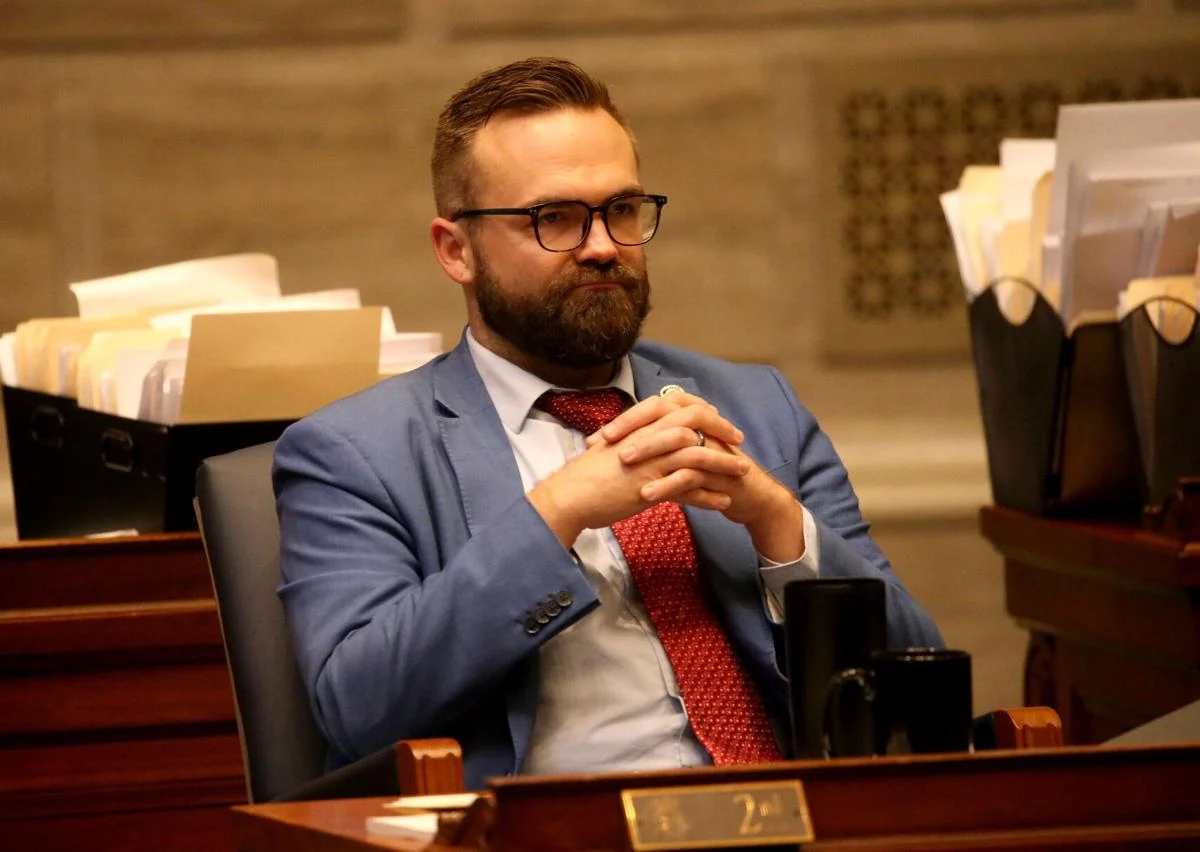Missouri Senate Republicans resumed their discussions on Monday regarding a proposal that would require conservative-leaning congressional districts to approve any changes to the state constitution. Last week, Democrats successfully blocked a vote on this plan for two days, and the Senate eventually adjourned on Tuesday, coinciding with the celebratory parade in Kansas City for the Chiefs’ Super Bowl victory.
Tragically, the festivities in Kansas City ended with a mass shooting that wounded over 20 people and claimed the life of one woman, Lisa Lopez-Galvan. Upon reconvening on Monday, senators observed a moment of silence to honor the victims of the Kansas City shooting before delving into debate over the proposed changes to the state’s initiative petition process.
During the discussions, Democratic Senator Tracy McCreery advocated for the closure of Missouri’s domestic violence loophole. This move, aligning with federal law, would prevent individuals convicted of domestic violence from possessing firearms. Concerns about permitting individuals, including domestic abusers, to carry guns without permits had been raised following the enactment of permitless carry requirements in 2016.
The proposed measure would mandate that constitutional amendments secure a simple majority statewide and majorities in five of the state’s eight congressional districts. This could potentially diminish the influence of voters in heavily Democratic regions, such as St. Louis and Kansas City, compared to those in Republican-leaning districts when considering amendments to the state constitution.
The initiative petition changes sought by Republicans aim to place the measure on the Aug. 6 primary ballot, with the goal of complicating the passage of abortion-rights measures slated for the Nov. 5 ballot. Democrats have accused Republicans of including additional provisions, such as banning foreign interference in initiative petitions and limiting voting participation to U.S. citizens, to bolster support for the proposal.
Moreover, the Senate measure would ask voters to impose restrictions on future constitutional amendments, including those related to legalizing lobbyist gifts to lawmakers, despite voters already having outlawed such gifts in 2020.
As discussions continue, the fate of these proposed changes and their potential impact on the state’s political landscape remain subjects of intense debate.















































